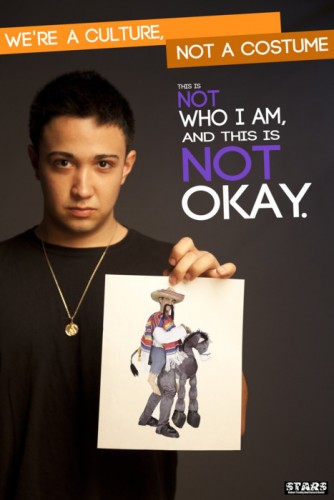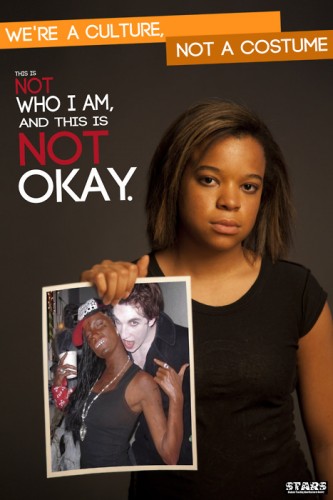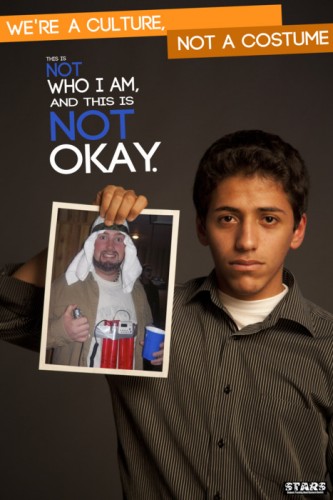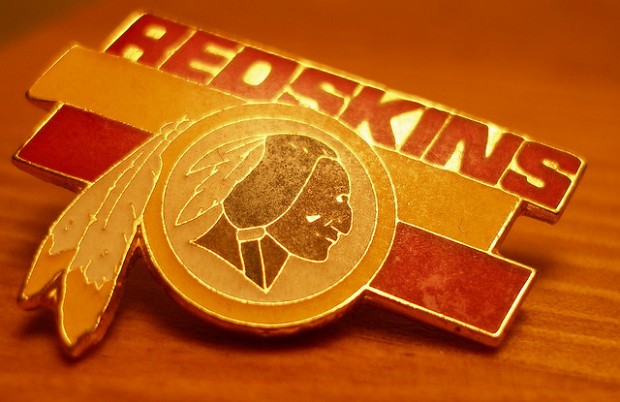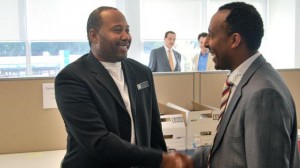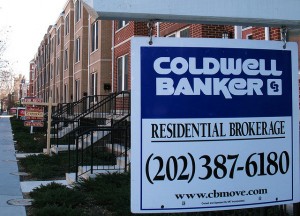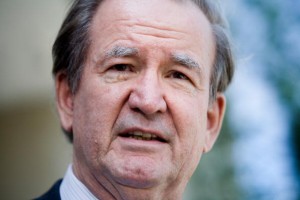
Brendan Smialowski / Getty Images
Political commentator and former presidential adviser Pat Buchanan.
Conservative political commentator Pat Buchanan discussed his views on how diversity harms America this morning on WAMU 88.5′s “The Diane Rehm Show.” After the show we caught up with Buchanan, who is a native Washingtonian, and asked how he proposes addressing D.C.’s wealth disparities that break down along racial lines.
Buchanan said that D.C. is one of the wealthiest places in America, in part because of federal government jobs. “D.C. has problems, but I don’t think D.C., with its unemployment rate and things like that, is hurting as bad as some of the other cities and states around the country,” he said.
D.C.’s unemployment rate is 11.1 percent, which is higher than the national rate of 9.1 percent, but still lower than some of the hardest-hit states, such as Nevada. The District is also home to extreme poverty. Some nearly all-black wards of the city face Depression-era unemployment levels. Buchanan suggested a solution to the disproportionately high national unemployment rate among African Americans, now at 16 percent:
“One thing I would do is stop immigration into the country until all unemployment is down to 6 percent,” he said. “We’ve got to start putting our own people first.”
The notion that immigrants take jobs from out-of-work African Americans is the subject of recent debates in D.C. where 13 percent of the population is foreign born. Critics have raised the issue in response to Mayor Vincent Gray’s signing last week of an executive order that prevents police officers from inquiring about the immigration status of those arrested. Leo Alexander, 2010 mayoral candidate, told the Washington Examiner that Gray was “blowing the opportunity to make sure undereducated populations have jobs.”
Overall, Buchanan said “a lot of these things demand national solutions rather than local ones.”
